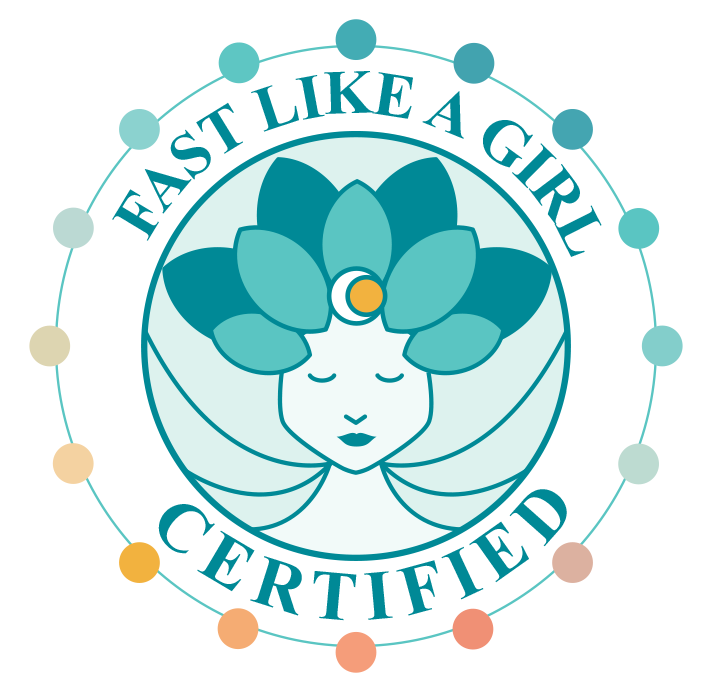Life for us has become an endless succession of contests.
Alfie Kohn “No Contest”
Competition. “It is an American cultural addiction.”
Anne Strick “Injustice for All”
Internal Desires
Be number one.
Have you gotten that message? Have you pumped yourself up to be victorious?
Some people walk into a room and want to prove that they are the best at something, even when no one else is thinking about it. But they always make interactions about one-upping the other person.
Others feel competitive in wanting to be the best version of themselves, whether in their physical fitness or their career or other outer achievement.
How does wanting to be number one show up in your life?
Be the Victor in the Game
Activities we engage in can be competitive. When my success means your failure, we have a mutually exclusive goal. We are in opposition in a zero sum game. I want to be the victor, at your expense.
Sports teams compete to be the winner and hold the trophy at the end of the season. Olympic athletes go for the Gold. Corporations compete for the lion’s share of the market. Employees compete for the top position. Lawyers fight to win the case for their clients.
Whenever there is a winner, there is a loser. That is the way our world seems to be set up.
What are the Consequences?
Beyond obvious self-damaging results like suicide, competition results in:
- an effort to prove oneself in order to stave off feelings of worthlessness
- self-worth defined in terms of achievements – “whoever dies with the most things wins” which can be empty
- selfishness, “looking out for number one”
- mutually exclusive goal attainment invites hostility
- either/or thinking, good/bad, we/they polarities, dehumanizes the other
- dismissing relationships with “you do your thing and I’ll do mine”
- creating conformity and dampening creativity because not want to risk anything that would endanger victory; becoming cautious, obedient people
- interfering with communication: instead of listening to each other’s points of view you try to twist each other’s arms
- not allowing the efficient use of resources
- those who believe they will lose may see little point in trying hard, same for those who believe they will always win.
- “the most pervasive occasion for anxiety” in our culture, according to Rollo May. He says it sets up a vicious circle, attempting to relieve anxiety by doubling the competitive striving.
- poisoning relationships as we see competitors in business rivals, sex partners, siblings, neighbors, and peer group.
- blaming people when they play dirty, yet you set up the goal as victory
- The pressure we feel to be number one creates a vicious circle as we expect others to play dirty and feel justified in breaking the rules ourselves. “If I play it straight the next guy is going to take advantage of me.”
- patterns of campaign illegalities, scientific fraud, corporate trickery, use of steroids in sports
- American legal system with an adversarial model fostering diversion, distortion, and direct deceit.
Can you see how competition might backfire?
But . . . Isn’t it human nature to compete?
Doesn’t it motivate us to be productive?
Doesn’t it build character and self-confidence?
Isn’t it how we have a good time?
Cooperation, not Competition
Nothing about human life or human evolution requires competition.
Anthropologists have concluded that cooperation, not use of tools or brain size or aggressiveness, defined the first humans. (Boyce Rensburger “What made humans human?”)
Listen to Morton Deutsch:
“Cooperative, as compared to competitive systems of distributing rewards – when they differ – have more favorable effects on individual and group productivity, individual learning, social relations, self-esteem, task attitudes, and a sense of responsibility to other group members. This conclusion is consistent with the research results obtained by many other investigators in hundreds of studies.”
Morton Deutsch
Just about any argument you can come up with that says competition is superior to cooperation is addressed in the book “No Contest” by Alfie Kohn. I refer you to that book for compete answers to questions on competition in education, our psychological makeup, even in play and work.
Then, why do we compete?
Researchers find that competition is learned.
It may start with sibling rivalry in nuclear families. It can be reinforced by ranking as with grades in school. In work, sports, and recreation, strategies taught to us are mostly competitive.
Look around. Our political, legal, educational, sports, and economic structures are built on competition.
When one team wins, another loses. Students receive grades and have to compete to get into the college of their choice. On and on, when you win, you do so over someone else who loses.
On top of that, competition is self-perpetuating. It cannibalizes cooperation. It sees resistance to competition as weakness.
If not competition, then what?
The alternative to being number one is not being number two. That would simply perpetuate the paradigm.
The real alternative to competition is dispensing with rankings altogether, and cooperating.
However, since competition is built into our society and our internal programs, we must understand the implications of what we are doing in order to accept cooperation, then begin to adopt it. It takes convincing, then it takes practice.
Changing to cooperation can be difficult because competition in our environment, our social structures, as well as our upbringing and beliefs reinforce each other. We have to get out of that loop entirely.
When we can recognize the habit we have of competing, then we can switch to more personal relating and cooperation.
When we can cultivate non-competitive ways of building self-esteem, then the better we feel about ourselves, the less we will need to make anyone lose.
We can look for measures of progress that are beyond win/lose with each other, such as comparing to past performance or some absolute standard.
If obliged to participate in competition in the workplace, we can strive to reduce personal competitiveness. One way to do that is to direct attention away from the results of an activity and into the process of the activity itself.
Starting with our children, we can show affection which is not a reward for performance, but simply love itself.
The child’s performance will then never compared to someone else’s in order to motivate her to do better. Instead of a vague consolation to the loser, which by the way won’t be believed for long, be genuinely unconcerned with outcome. All had fun.
3 C’s of Cooperation
- Control: Students become responsible (guided by their teachers) for their own learning and relationships.
- Curriculum: Give children assignments that stir their natural curiosity and are neither too difficult to produce anxiety or too easy to produce boredom, because then they do not need extrinsic motivation such as grades or punishments. Use a meaningful curriculum sufficient for Cooperative Learning. Dispense with inadequate educational standards, such as standardized testing.
- Community: Caring for others is no less natural than caring for oneself, so we choose to do it. The classroom becomes a caring community; that is its fundamental orientation.
Seeing is Believing
People who say they prefer to compete change their minds when they see first-hand what it is like to work or play in an environment that does not require winners and losers.
We have shoulders to stand on for creating this non-competitive environment. The following people have pioneered work in many areas.
- Terry Orlick: noncompetitive games for recreation (Terry Orlick The Cooperative Sports and Games Book, Jeffery Sobel Everybody wins: Non-competitive Games for Young Children Family Pastimes Cooperative Games)
- David and Roger Johnson: noncompetitive alternatives for education
- Robert Paul Wolff: sever ties between high school performance and admission to college
- Benjamin Barber: adversarial and individualistic underpinnings of politics undermine democracy, instead consensus-based cooperative resolution
- Morton Deutsch: national security replaced by mutual security
What if your interactions in life do not have to be zero-sum?
How can you stop racing to win while actually losing?
How will you cooperate with yourself, in your relationships, at work and in society?





